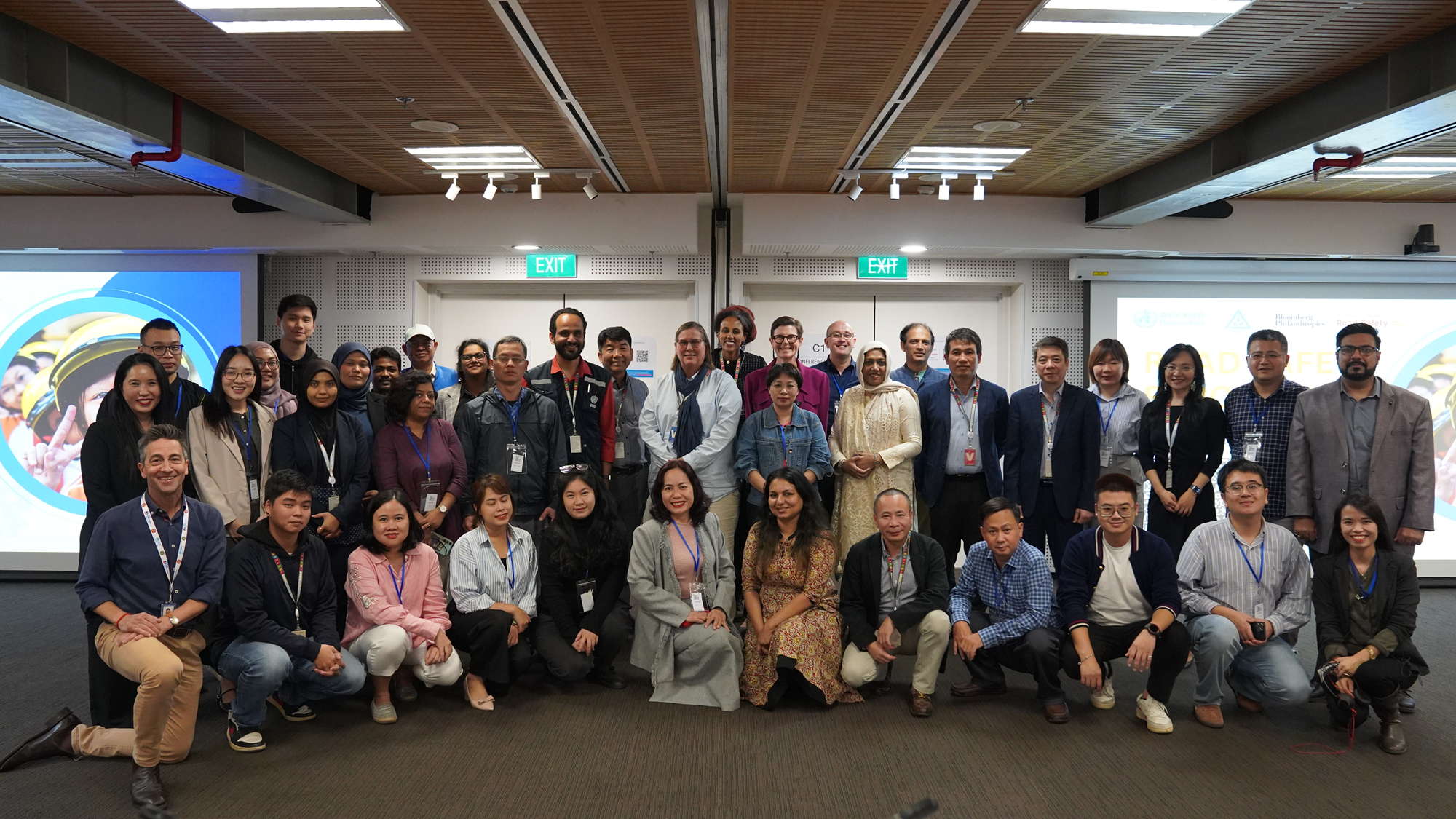
Open for registration – Covering the COVID-19 vaccine: What journalists need to know
COVID-19 has posed major challenges for independent media professionals, both in terms of their own health and safety as well as covering the pandemic ethically, comprehensively and in the public interest. As vaccines are increasingly available worldwide, journalists have a further responsibility to report science- and evidence-based findings as well as to identify and counter mis- and disinformation that has proliferated regarding the virus.
UNESCO Bangkok invites journalists, communicators and fact-checkers to participate in a free Massive Open Online Course from 29 March to 25 April 2020 on responsibly covering the pandemic and vaccine rollouts. The course is organized by the Knight Center for Journalism in the Americas at the University of Texas at Austin in partnership with UNESCO, WHO and UNDP, and co-funded by the European Union.
Four weekly modules will examine many of the challenging and evolving aspects of the vaccine rollout, such as the science behind the development of the vaccines already released as well as of those being created, the policies of acquisition and distribution of vaccines globally and questions of equity, vaccine hesitancy, anti-vaccination activism, mis- and disinformation regarding vaccines, population immunity and emerging variants of the virus.
Registration is open and participants can choose from four languages: English, French, Portuguese and Spanish.
The course will run from 29 March to 25 April and be available in additional languages in a self-directed format.
For registration in English please visit: https://journalismcourses.org/course/coveringthecovid-19vaccine/
Other resources available:
· 3-hour webinar, Covering the COVID-19 Vaccine: What journalists need to know available in seven languages
· Self-Directed Course: Journalism in a pandemic: Covering COVID-19 now and in the future available in six languages
· UNESCO COVID-19 Resource center of Responses to COVID-19 in seven languages
· UNESCO Freedom of Expression and Safety of Journalism online courses in multiple languages
· Webpage of the global project #CoronavirusFacts, Adressing the ‘Disinfodemic’ on COVID-19, funded by the European Union in English and French






